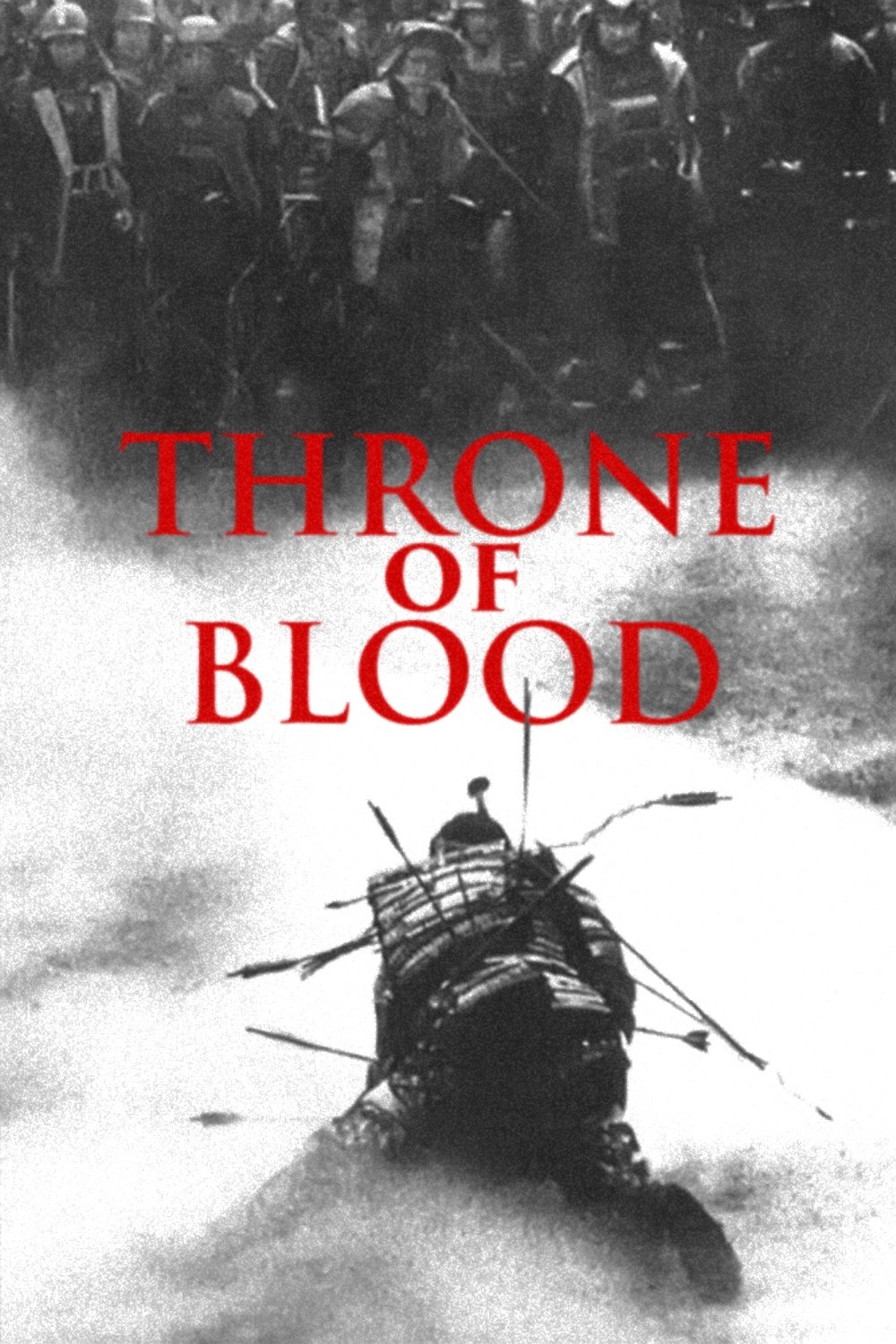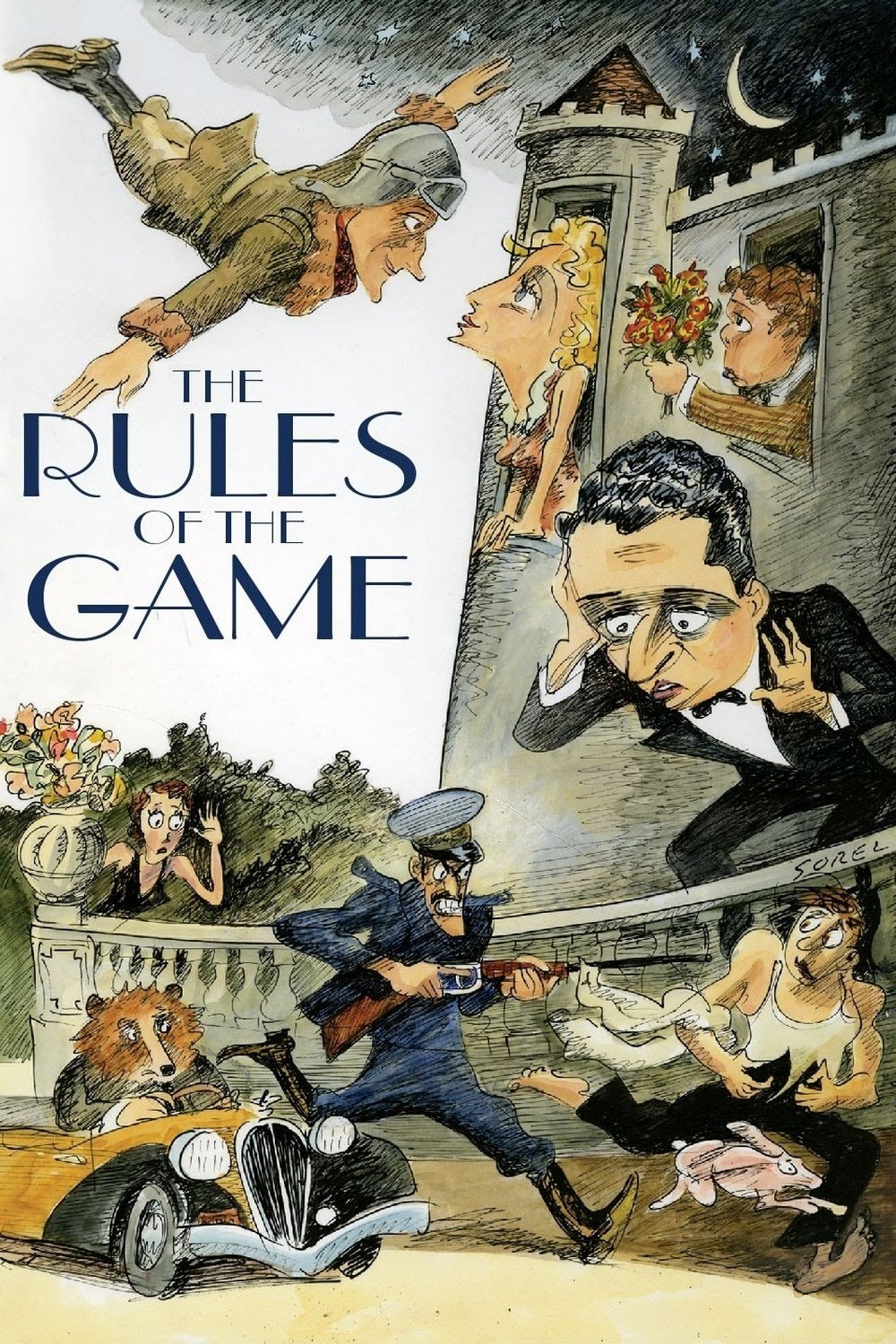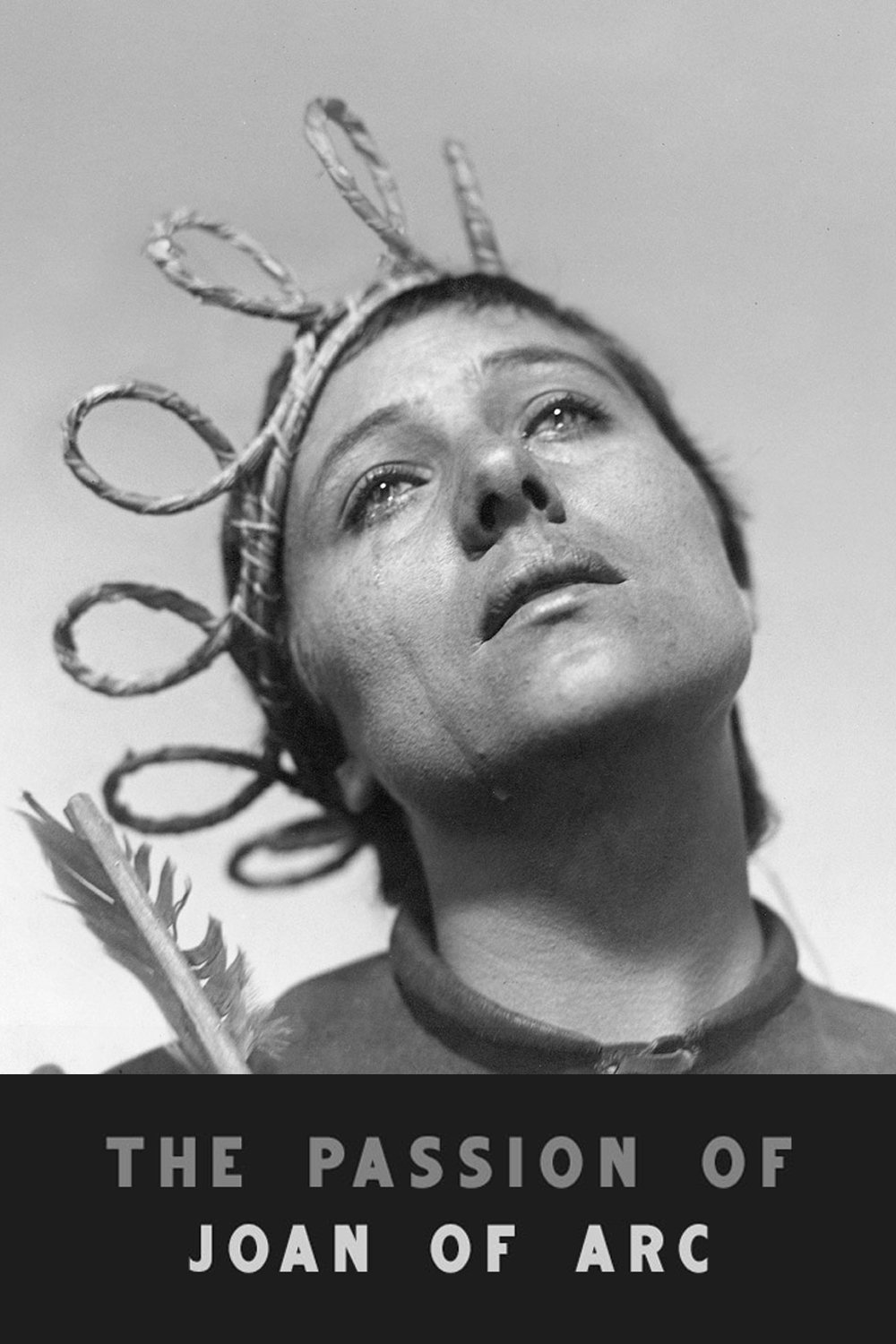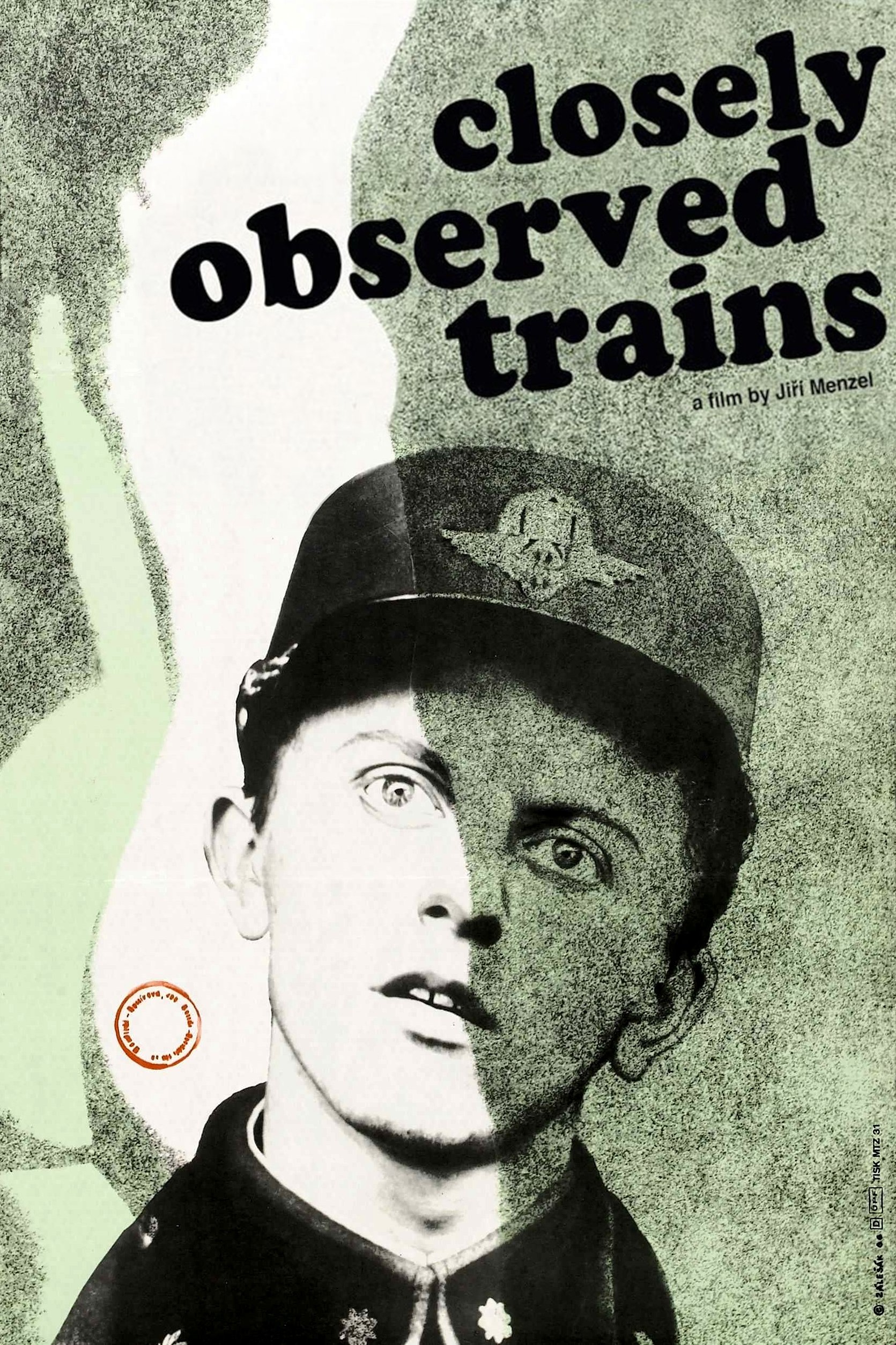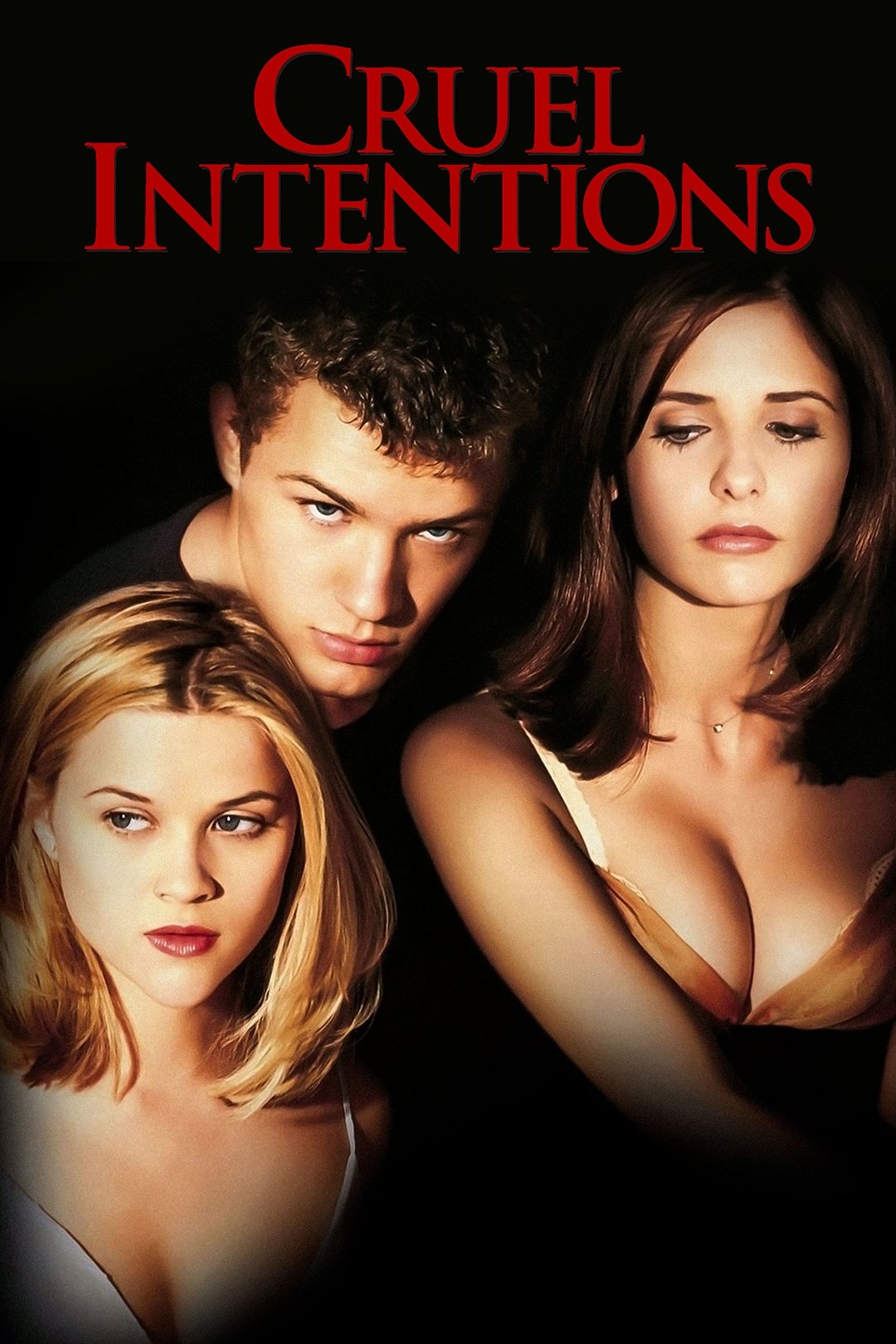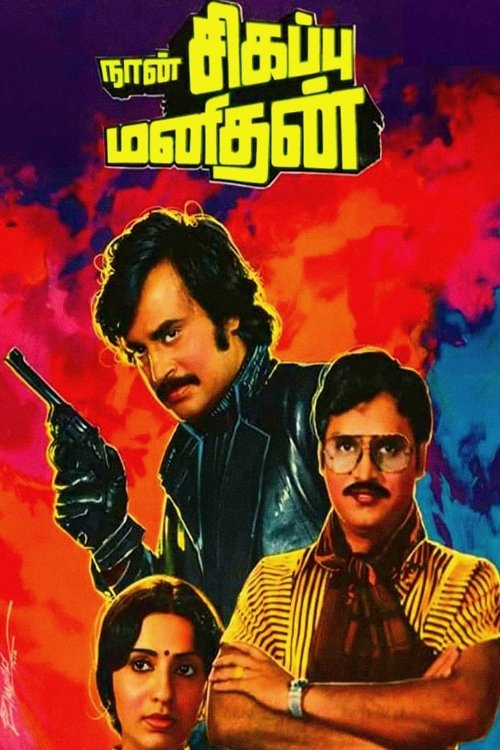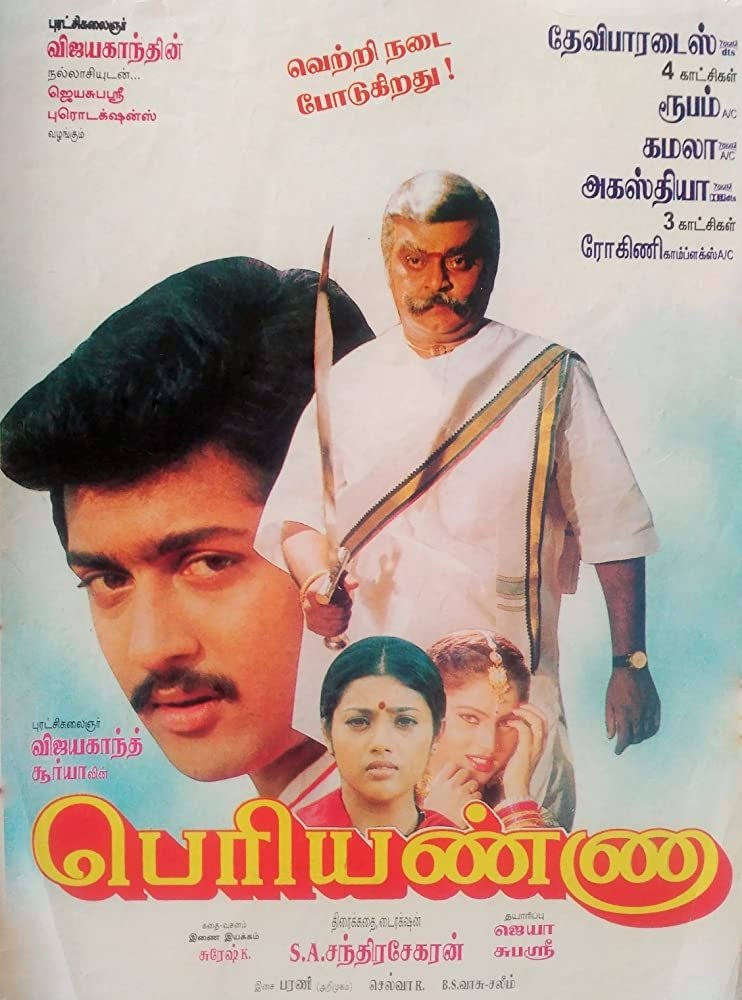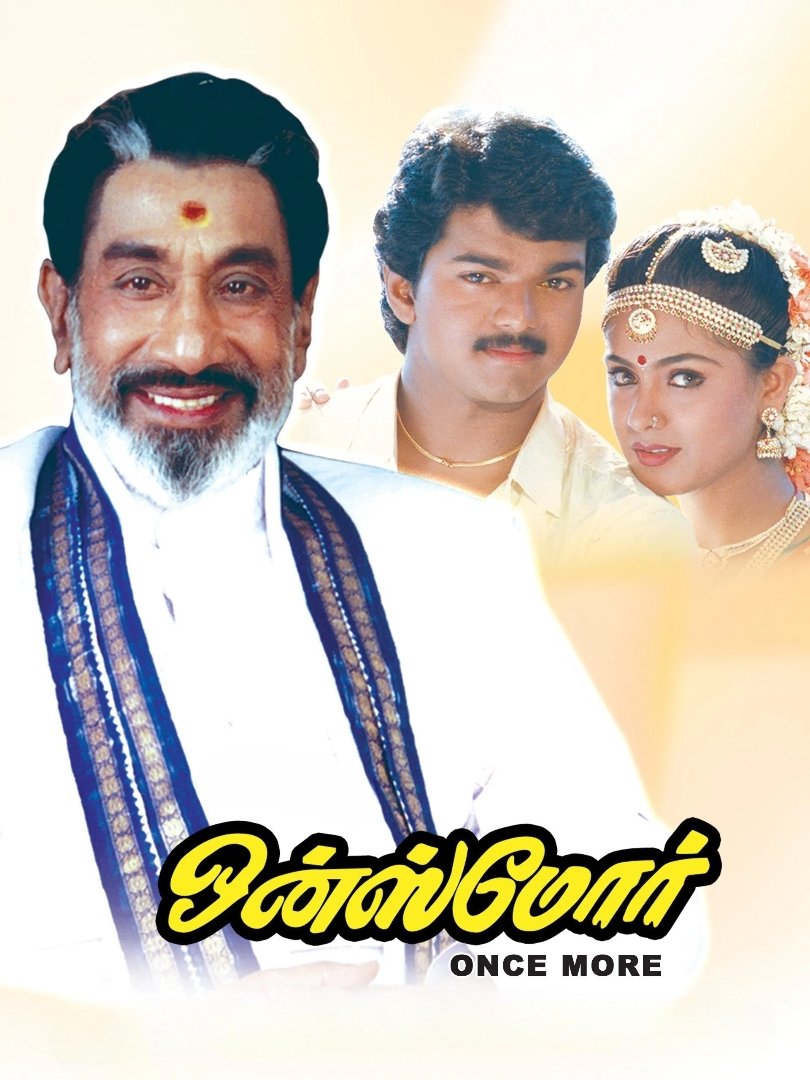
Throne of Blood
Drama, History
-
1957
Add to Watchlist
Add to Seenlist
Add to Blacklist
Add to or remove from a custom list
Returning to their lord's castle, samurai warriors Washizu and Miki are waylaid by a spirit who predicts their futures. When the first part of the spirit's prophecy comes true, Washizu's scheming wife, Asaji, presses him to speed up the rest of the spirit's prophecy by murdering his lord and usurping his place. Director Akira Kurosawa's resetting of William Shakespeare's "Macbeth" in feudal Japan is one of his most acclaimed films.
Director:
Cast:
Similar
Same Director
Details
Rated:
Not Rated
Runtime:
108 min
Release date:
15 Jan 1957
Country:
JP
Languages:
Japanese
Budget:
$0
Revenue:
$13,422
Awards:
4 wins & 1 nomination total
Top Critics Reviews
fresh:
No stage production could match Kurosawa's Birnam Wood, and, in his final framing of the hero -- a human hedgehog, stuck with arrows -- he conjures a tragedy not laden with grandeur but pierced, like a dream, by the absurd.
– Anthony Lane,
New Yorker,
4 Mar 2013
fresh:
Akira Kurosawa's remarkable 1957 restaging of Macbeth in samurai and expressionist terms is unquestionably one of his finest works -- charged with energy, imagination, and, in keeping with the subject, sheer horror.
– Jonathan Rosenbaum,
Chicago Reader,
1 Jul 2008
fresh:
Widely regarded as one of the most successful film adaptations of a Bard play.
– Glenn Abel,
Hollywood Reporter,
16 Jun 2003
fresh:
We label it amusing because lightly is the only way to take this substantially serio-comic rendering of the story of an ambitious Scot into a form that combines characteristics of the Japanese No theatre and the American Western film.
– Bosley Crowther,
New York Times,
20 May 2003
fresh:
No doubt about it now: Japan's Akira Kurosawa must be numbered with Sergei Eisenstein and D. W. Griffith among the supreme creators of cinema.
– ,
TIME Magazine,
4 Mar 2013
